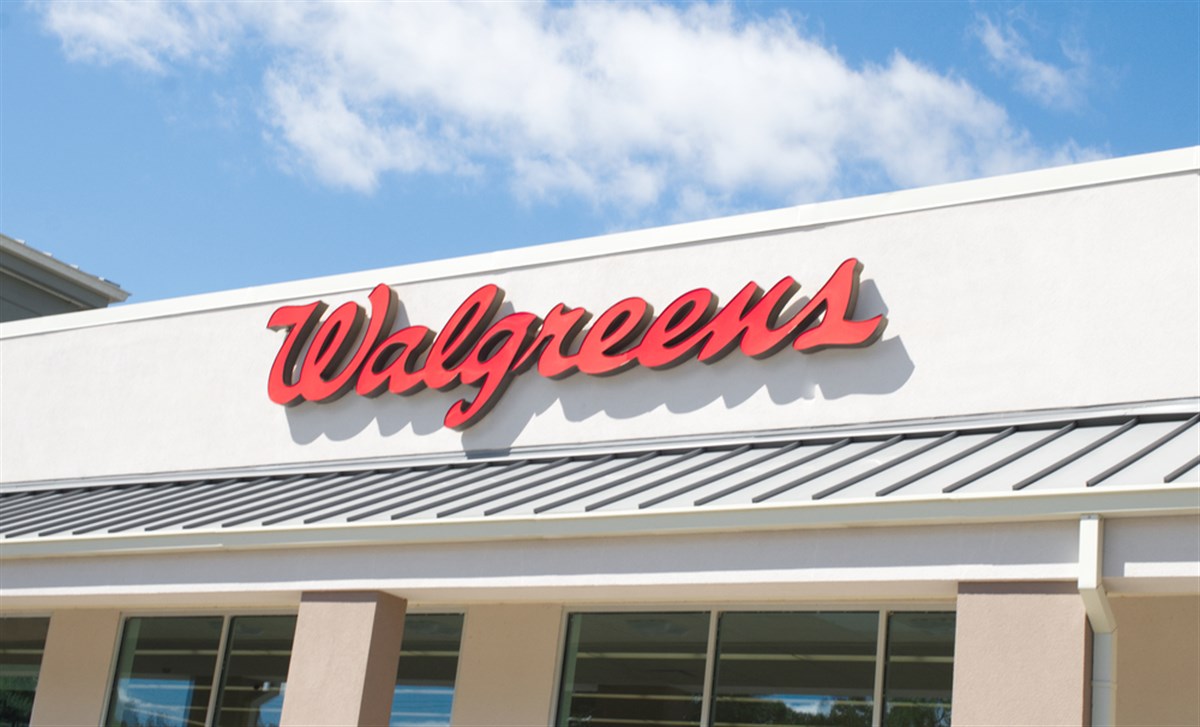
Walgreens Boots Alliance (NASDAQ: WBA) is a global leader in integrated healthcare, pharmacy, and retail. The company recently released its earnings report for the third quarter of 2024, raising questions about its ability to navigate a challenging market environment and achieve sustainable growth.
The company’s expansive network of approximately 12,500 locations across the United States, Europe, and Latin America makes it a critical player in providing healthcare services to millions daily. However, the latest financial performance reveals a company grappling with significant headwinds within the pharmacy industry and a rapidly evolving consumer landscape.
Third Quarter 2024: A Look at Walgreens' Numbers
Walgreens Boots Alliance's financial report revealed revenue of $36.4 billion for the third quarter, marking a 2.6% increase compared to the same period last year. While this top-line growth may appear positive, the company fell short of Walgreens’ analyst community’s earnings expectations. Walgreens reported earnings per share (EPS) of $0.40, significantly below the anticipated $0.68. The adjusted EPS, which excludes certain one-time items, came in at $0.63, reflecting a 36.6% decrease from the previous year's third quarter.
The company's operating income for the quarter was $111 million, while the adjusted operating income stood at $613 million. The disparity between reported and adjusted figures stems from factors like the inclusion of non-recurring expenses and the impact of accounting treatments for specific items. The missed earnings can be attributed to several interconnected factors, primarily a challenging environment for pharmacies and weaker-than-expected consumer spending in the United States.
Walgreens Adjusts EPS Forecast and Strategy
The challenging business environment and its impact on Walgreens's financial performance led Walgreens to revise its fiscal year 2024 guidance. The company now projects adjusted earnings per share to range between $2.80 and $2.95, down from the previously provided range of $3.20 to $3.35. This adjustment reflects a realistic assessment of the current market realities and their potential impact on the company's future earnings.
In response to these challenges, Walgreens's management has undertaken a comprehensive strategic review. The company aims to proactively address the critical issues affecting its performance and capitalize on emerging opportunities for growth in the evolving healthcare landscape. This strategic shift signals a proactive approach towards ensuring the company's long-term sustainability and success.
Streamlining Operations: Walgreens’ Plan for Improved Profitability
A key element of Walgreens Boots Alliance's strategic realignment is implementing a multi-year footprint optimization program. This program involves closing a significant number of underperforming stores in the United States. By streamlining its physical store network, the company aims to adapt to the changing dynamics of the retail landscape, optimize its operational efficiency, and improve overall profitability. This decisive action demonstrates the company's commitment to adapting to the evolving retail landscape.
In addition to footprint optimization, Walgreens Boots Alliance is implementing an action plan for U.S. Retail Pharmacy. This plan focuses on enhancing the customer and patient experience across all channels, including physical stores and digital platforms. Walgreens aims to strengthen its market position and drive sustainable growth in this crucial segment by investing in its core pharmacy business and prioritizing customer satisfaction.
Walgreens Boots Alliance is also simplifying its U.S. Healthcare portfolio as part of its strategic shift. This involves streamlining operations and focusing on key areas with the greatest long-term growth and profitability potential. The recent decision to close several VillageMD clinics and reduce investment in this segment underscores this strategic focus. This strategic realignment will allow Walgreens to allocate resources effectively and capitalize on opportunities in its core businesses.
Monitoring Walgreens' Strategic Transformation for Growth
The third-quarter earnings report from Walgreens Boots Alliance underscores the challenges facing the company and the pharmacy industry as a whole. While revenue growth remains evident, the company's struggle to meet earnings expectations and subsequent guidance adjustments signal a need for strategic adaptation. Investors should closely monitor the company's progress in executing its strategic turnaround plan, particularly the effectiveness of its footprint optimization program, the success of its U.S. Retail Pharmacy action plan, and the outcomes of its simplified U.S. Healthcare portfolio strategy.
The success of the footprint optimization program will hinge on the company's ability to identify and close truly underperforming stores while minimizing disruption to its existing customer base. A strategic approach to store closures and investments in digital channels and alternative store formats will be crucial to achieving the desired balance of cost reduction and revenue preservation.
Similarly, the success of the U.S. Retail Pharmacy action plan will depend on Walgreens’s ability to enhance the customer experience in tangible ways. This might involve leveraging technology to offer personalized services, improving in-store convenience, and providing a seamless omnichannel experience. Investors should look for evidence of increased customer engagement, higher customer satisfaction scores, and, ultimately, a positive impact on sales and market share within the U.S. Retail Pharmacy segment.
The third-quarter earnings report from Walgreens Boots Alliance highlights a company navigating a complex and changing market. While revenue growth is evident, the company's missed earnings expectations and adjusted guidance underscore the challenges ahead. Investors should closely monitor the progress of Walgreens’s strategic initiatives, including store closures, customer experience enhancements, and healthcare portfolio streamlining. The company's ability to adapt and execute its strategic plan will be critical for achieving sustainable growth and regaining investor confidence.

